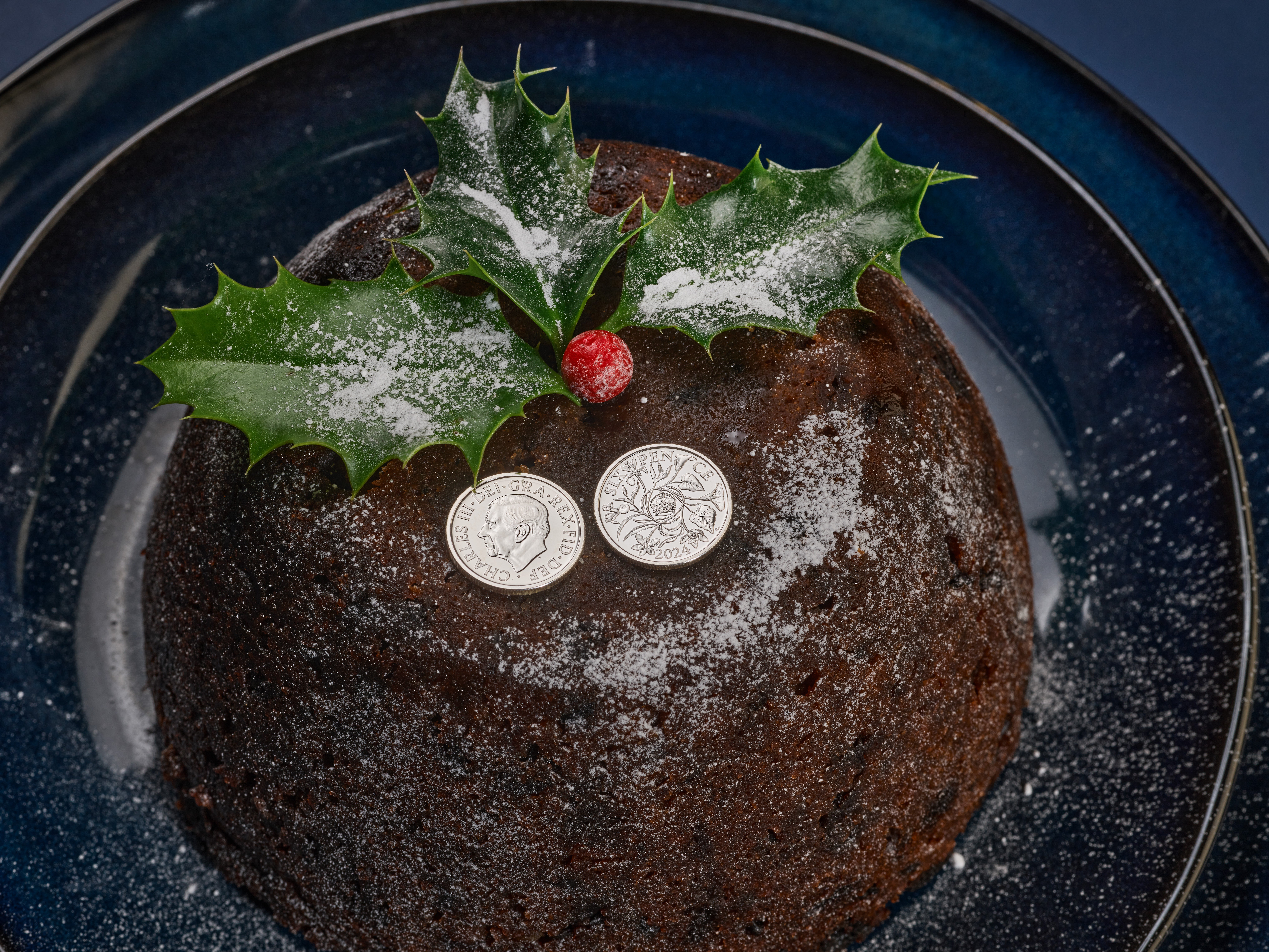The traditional Christmas dish the UK is turning its back on
Only 4 per cent of people take part in Stir-up Sunday
Your support helps us to tell the story
From reproductive rights to climate change to Big Tech, The Independent is on the ground when the story is developing. Whether it's investigating the financials of Elon Musk's pro-Trump PAC or producing our latest documentary, 'The A Word', which shines a light on the American women fighting for reproductive rights, we know how important it is to parse out the facts from the messaging.
At such a critical moment in US history, we need reporters on the ground. Your donation allows us to keep sending journalists to speak to both sides of the story.
The Independent is trusted by Americans across the entire political spectrum. And unlike many other quality news outlets, we choose not to lock Americans out of our reporting and analysis with paywalls. We believe quality journalism should be available to everyone, paid for by those who can afford it.
Your support makes all the difference.Adults in the UK are snubbing a Christmas classic.
Not Brussels sprouts, turkey or parsnips, but the humble Christmas pudding.
A new survey shows that the majority of adults who celebrate Christmas no longer believe that having a Christmas pudding on their table is important.
Six in 10 (59%) said the traditional festive staple is not an important part of their Christmas Day, according to the research commissioned by the Royal Mint.
Despite this, more than nine in 10 (92%) people who celebrate Christmas still place importance on having a Christmas dinner, the YouGov survey of more than 2,100 people found.
Over three-quarters (77%) of those surveyed had not heard of Stir-up Sunday, the last Sunday before Advent when people get together to prepare their pudding.
Some 4% of those who celebrate Christmas said the tradition of Stir-up Sunday was one they follow – while around three times as many (13%) place importance on having an elf on the shelf.
Despite the pudding losing popularity, festive traditions were still found to hold significant value for 70% of people.
Opening presents was the second most popular Christmas tradition, after the Christmas dinner, followed by 90% of those who celebrate Christmas.
Two-thirds (65%) said they enjoy making and/or sending Christmas cards, with 26% taking part in attending a show or pantomime.
Three-quarters (76%) of millennials (those born between 1981 and 1996) perceive festive traditions as important – more than any other generation, according to the survey carried out in July.

The research was released to coincide with the Royal Mint’s move to a “sustainable” sixpence made from recovered X-ray silver.
The mint said a limited run of 100 pieces was made available for Christmas 2024 and all sold out within 24 hours. Other sixpences are still available to buy from its website.
The mint plans to make all sixpence stock using the reclaimed precious metal from 2025.
The sixpence went out of circulation over 50 years ago and despite no longer being in people’s change, it continues to play a role in traditions.
Sixpences have traditionally been stirred into Christmas puddings to bring good fortune – however it is often advised that diners are told of its presence before tucking in.
Rebecca Morgan, director of commemorative coin at the Royal Mint, said: “The Royal Mint is famous for its rich heritage, and we believe that tradition should never be lost – it can be reinvented.
“Our recovered silver sixpence is not only a symbol of good fortune, but also a symbol of a more modern and sustainable festive season.”

Annie Gray, a food historian and author said: “Stir-up Sunday is a tradition which started in the Victorian era as a tongue-in-cheek play on an Anglican church prayer, which begins: ‘Stir up, we beseech thee, O Lord …’
“The words were used as a reminder to start stirring up the plum pudding – the original Christmas dish – so it had time to mature before Christmas Day.”
She added: “The sixpence came from another old tradition, that of hiding tokens in the twelfth cake, the precursor to our modern Christmas cake, eaten on twelfth night.
“Although this was eventually replaced with the Christmas cake eaten today, families kept to the tradition of taking it in turn to stir the mix and make a wish. The finder of the sixpence was promised wealth, health and happiness for the coming year.”




Join our commenting forum
Join thought-provoking conversations, follow other Independent readers and see their replies
Comments